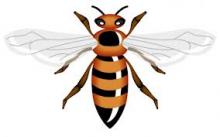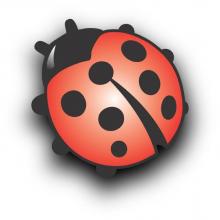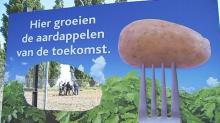Pesticide ban would cost EU billions, Bayer/Syngenta report says
A new study (attached), sponsored by Bayer CropScience, Syngenta, the European Seed Association, the European Crop Protection Association, and the European Farmers and European Agri-Cooperatives, has said that a ban on neonicotinoid seed treatments would cost the EU economy up to €4.5 billion a year, put 50 000 jobs at risk and threaten sustainable food production. The report by the Humboldt Forum for Food and Agriculture (HFFA) purports to be the first comprehensive review of the socio-economic and environmental contribution of neonicotinoid seed treatment.










